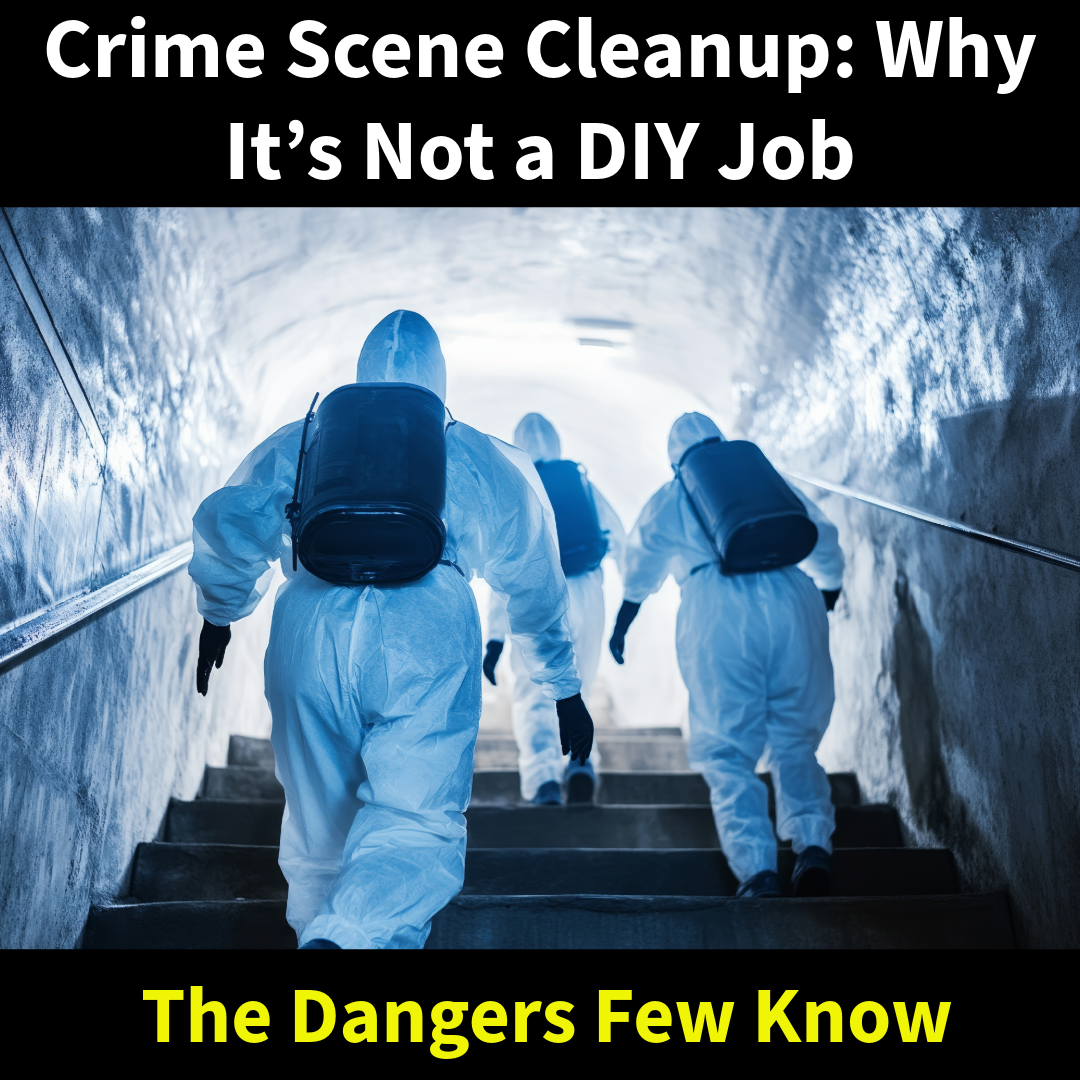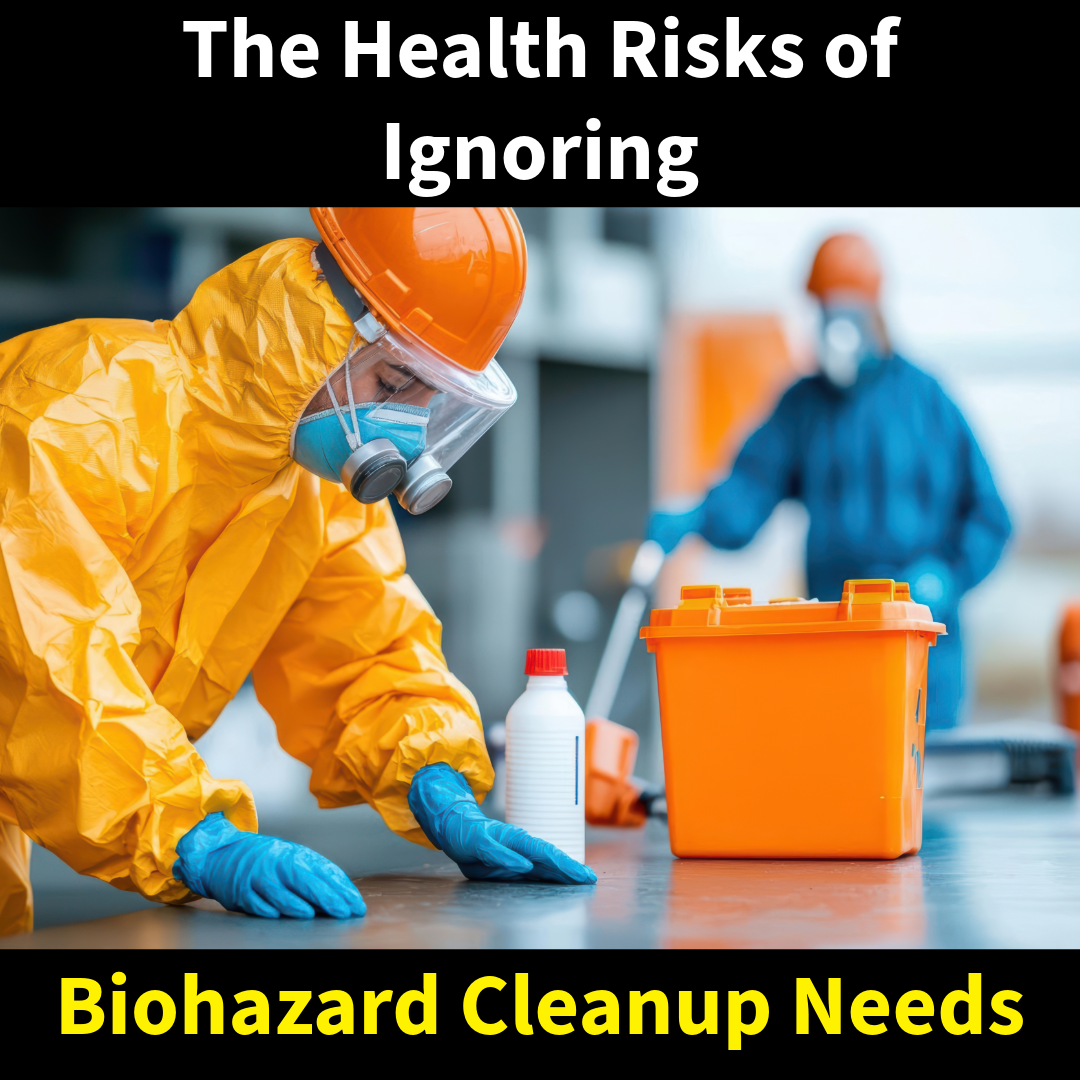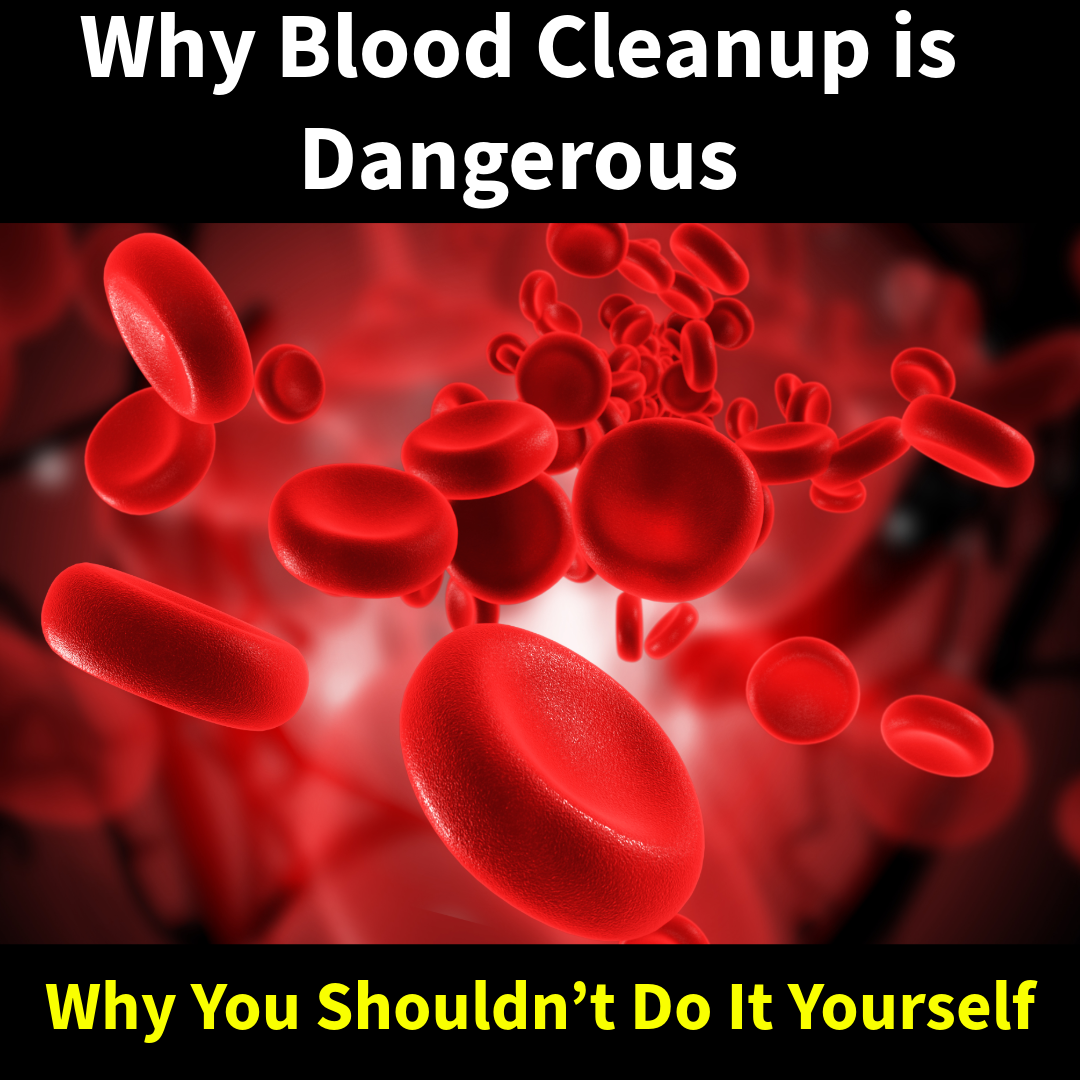When people hear the term “crime scene cleanup,” they often imagine something out of a TV show—neatly taped-off areas and professionals in hazmat suits working behind the scenes. The truth is far more complex, and far more critical to public health and safety.
At MSI, we’ve handled countless biohazard cleanup situations—from unattended deaths to trauma scenes—and we can tell you firsthand: this is not a job for amateurs or general cleaners.
What Falls Under Crime Scene and Biohazard Cleanup?
This specialized service includes:
- Unattended deaths (including decomposition)
- Homicides and suicides
- Accidental injuries or industrial accidents
- Drug lab decontamination
- Blood and bodily fluid cleanup
- Vehicle trauma scenes
- Infectious disease exposure (such as COVID-19 or MRSA)
Each of these scenarios poses serious risks to health and requires legally compliant disposal of biohazardous waste.
Why You Should Never Attempt This Yourself
Here’s what most people don’t realize until it’s too late:
- Exposure to bloodborne pathogens like HIV, Hepatitis B/C, and bacteria is a real and present danger.
- Improper cleanup can lead to lingering odors, stains, or contamination, putting future occupants at risk.
- Biohazard waste cannot be thrown in the trash. It must be packaged, labeled, and transported according to federal and state regulations.
- Insurance can often cover the cleanup, but only if performed by a certified professional.
What Professional Cleanup Really Involves
A certified biohazard team follows strict protocols to ensure the property is truly safe:
- Full PPE (including respirators, face shields, and suits)
- ATP surface testing to confirm cleanliness
- Use of hospital-grade disinfectants
- Removal and safe disposal of contaminated materials
- Deodorization and air purification
- Documentation for insurance and legal purposes
This work is not just technical—it’s emotional. Families going through a traumatic event should never be left to clean up the aftermath themselves.
Final Thoughts
If you or someone you know is dealing with a crime scene or biohazard situation, don’t make the mistake of calling a janitor or doing it yourself. This isn’t cleanup—it’s remediation.
MSI is certified in trauma and biohazard restoration and approaches every job with discretion, professionalism, and compassion. When lives are disrupted, we restore peace of mind—safely and legally.




